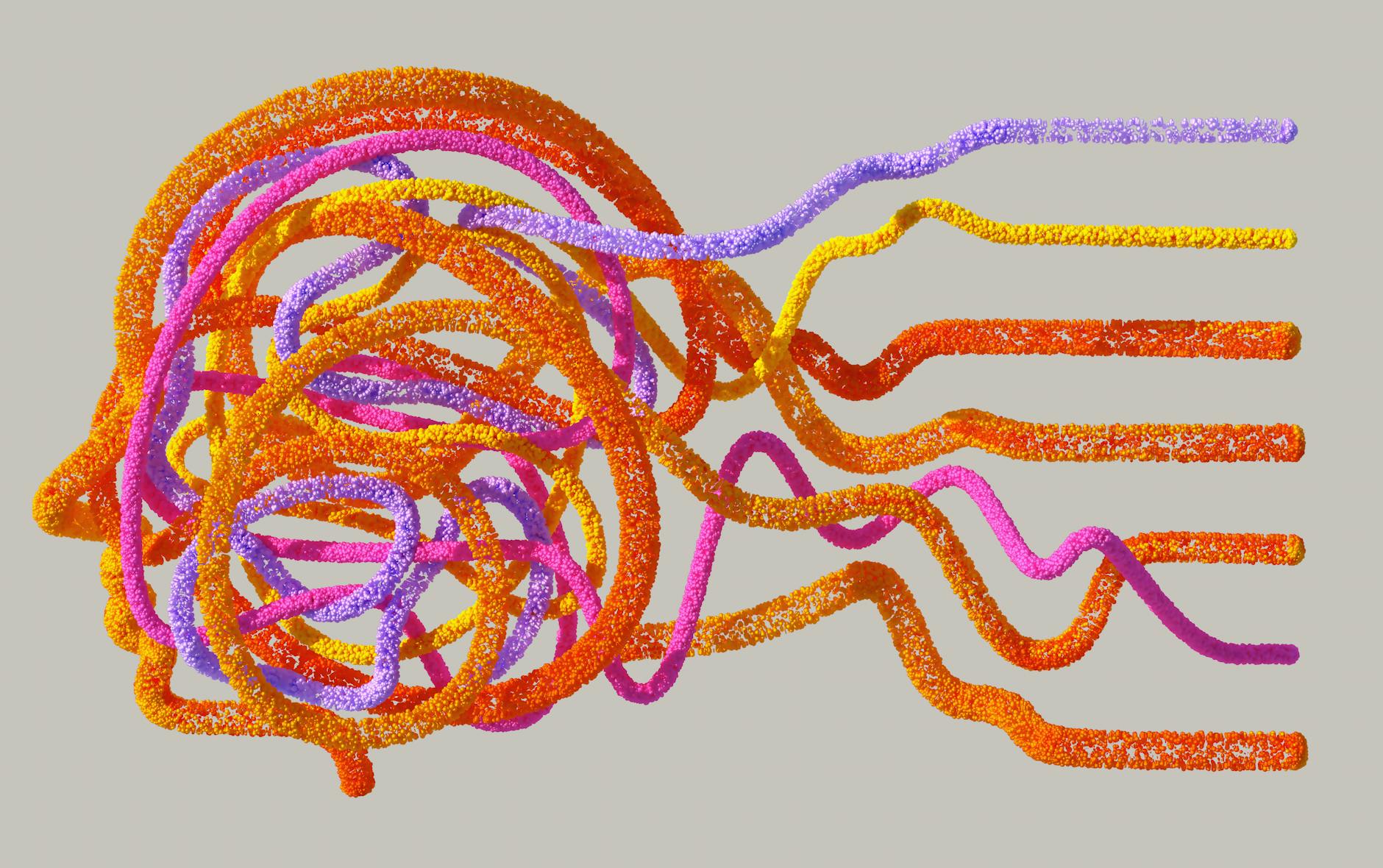AI’s Creative Revolution: A Single Sentence Unlocks Unprecedented Model Diversity | Anthropic Redefines Enterprise AI & Codev Tackles ‘Vibe Coding’ Debt

Key Takeaways
- Researchers have discovered a simple prompt sentence, “Generate 5 responses with their corresponding probabilities, sampled from the full distribution,” that dramatically enhances the creativity and diversity of AI models.
- Anthropic launched “Skills” for Claude, allowing businesses to create reusable, context-aware modules of instructions and code, significantly boosting productivity and consistency in enterprise workflows.
- A new open-source platform, Codev, introduces a structured, multi-agent approach to AI-assisted software development, aiming to eliminate technical debt from rapid “vibe coding” by integrating natural language conversations into source code.
Main Developments
This week marks a pivotal moment in the evolution of generative AI, as new advancements tackle some of the technology’s most persistent challenges: creativity, consistency, and practical integration into complex workflows. A breakthrough from a joint research team at Northeastern, Stanford, and West Virginia Universities reveals an ingeniously simple method to unlock unprecedented diversity and creativity in large language models (LLMs) and diffusion-based image generators. Dubbed Verbalized Sampling (VS), this technique involves adding a single sentence to any prompt: “Generate 5 responses with their corresponding probabilities, sampled from the full distribution.” This one-line change sidesteps the “mode collapse” phenomenon, which often leads AI models to produce annoyingly repetitive or typical outputs, restoring access to the richer diversity present in their base pretraining. VS has been shown to increase diversity scores by up to 2.1x in creative writing, improve human-like dialogue simulation, and generate more varied and accurate responses in open-ended QA, all without retraining models or accessing internal parameters. The method is now available as a Python package, offering a lightweight yet profound fix for enhancing AI’s imaginative potential.
Complementing this universal enhancement, Anthropic has launched “Skills” for its Claude AI assistant, ushering in a new era for enterprise AI customization. Moving beyond traditional prompt engineering or RAG, Skills allows users to create specialized folders containing instructions, code scripts, and reference materials. Claude autonomously decides which relevant “Skills” to load based on the task at hand, leveraging a concept called “progressive disclosure.” This approach enables organizations to bundle vast amounts of domain expertise, far exceeding traditional context windows, without sacrificing speed or efficiency. Early adopters like Rakuten report up to an 8x increase in productivity for complex finance workflows, transforming day-long tasks into hours. Skills distinguishes itself from competitors like OpenAI’s Custom GPTs by offering cross-platform portability and deep integration with executable code, solidifying Claude’s position in the fiercely competitive AI coding and enterprise automation space.
Further addressing the practicalities of AI integration, a new open-source platform called Codev is reshaping how software is built with generative AI. Codev tackles the common pitfall of “vibe coding,” where rapid AI-generated prototypes often result in brittle, undocumented code and significant technical debt. By treating natural language conversations with AI as an integral part of the source code, Codev’s SP(IDE)R framework — Specify, Plan, Implement, Defend, Evaluate, Review — ensures that AI-generated code is structured, versioned, and auditable. This multi-agent approach, with human review at critical stages, shifts the developer’s role from hands-on coder to architect and reviewer, promising substantial productivity gains and production-ready applications, as demonstrated in a case study that saw 100% functionality and comprehensive testing.
Meanwhile, Google is leveraging its ecosystem strengths by allowing third-party developers to ground Gemini-powered AI applications with live Google Maps data. This unique integration enables models to deliver highly detailed, location-relevant responses, covering everything from business hours and reviews to personalized recommendations and itinerary generation. Developers can combine this with Google Search grounding for even richer context, showcasing how proprietary data access can create differentiated AI experiences. This suite of announcements underscores a growing trend: AI is maturing beyond raw capability, becoming more creative, specialized, and deeply integrated into the specific demands of both individual users and complex enterprise environments.
Analyst’s View
Today’s news signals a critical phase in AI’s maturation: a shift from foundational model development to sophisticated, practical application. The Verbalized Sampling discovery is a game-changer, democratizing creativity across all LLM users and highlighting that much of AI’s potential remains latent, accessible through clever prompting rather than brute-force scaling. Anthropic’s ‘Skills’ and Codev represent equally significant moves, tackling the “last mile” problem for enterprises by injecting consistency and structure into AI workflows and code generation. These innovations bridge the gap between AI’s impressive capabilities and the demands of real-world productivity and reliability. We should watch for increased efforts to “unlock” hidden model capabilities through novel prompting, further leveraging of proprietary data ecosystems (like Google Maps) to create unique AI services, and the evolving dynamics of human-AI collaboration as developer roles pivot towards architectural guidance and quality assurance over direct coding. The future of AI utility lies not just in smarter models, but in smarter ways to interact with and govern them.
Source Material
- Researchers find adding this one simple sentence to prompts makes AI models way more creative (VentureBeat AI)
- Codev lets enterprises avoid vibe coding hangovers with a team of agents that generate and document code (VentureBeat AI)
- Developers can now add live Google Maps data to Gemini-powered AI app outputs (VentureBeat AI)
- Abstract or die: Why AI enterprises can’t afford rigid vector stacks (VentureBeat AI)
- How Anthropic’s ‘Skills’ make Claude faster, cheaper, and more consistent for business workflows (VentureBeat AI)